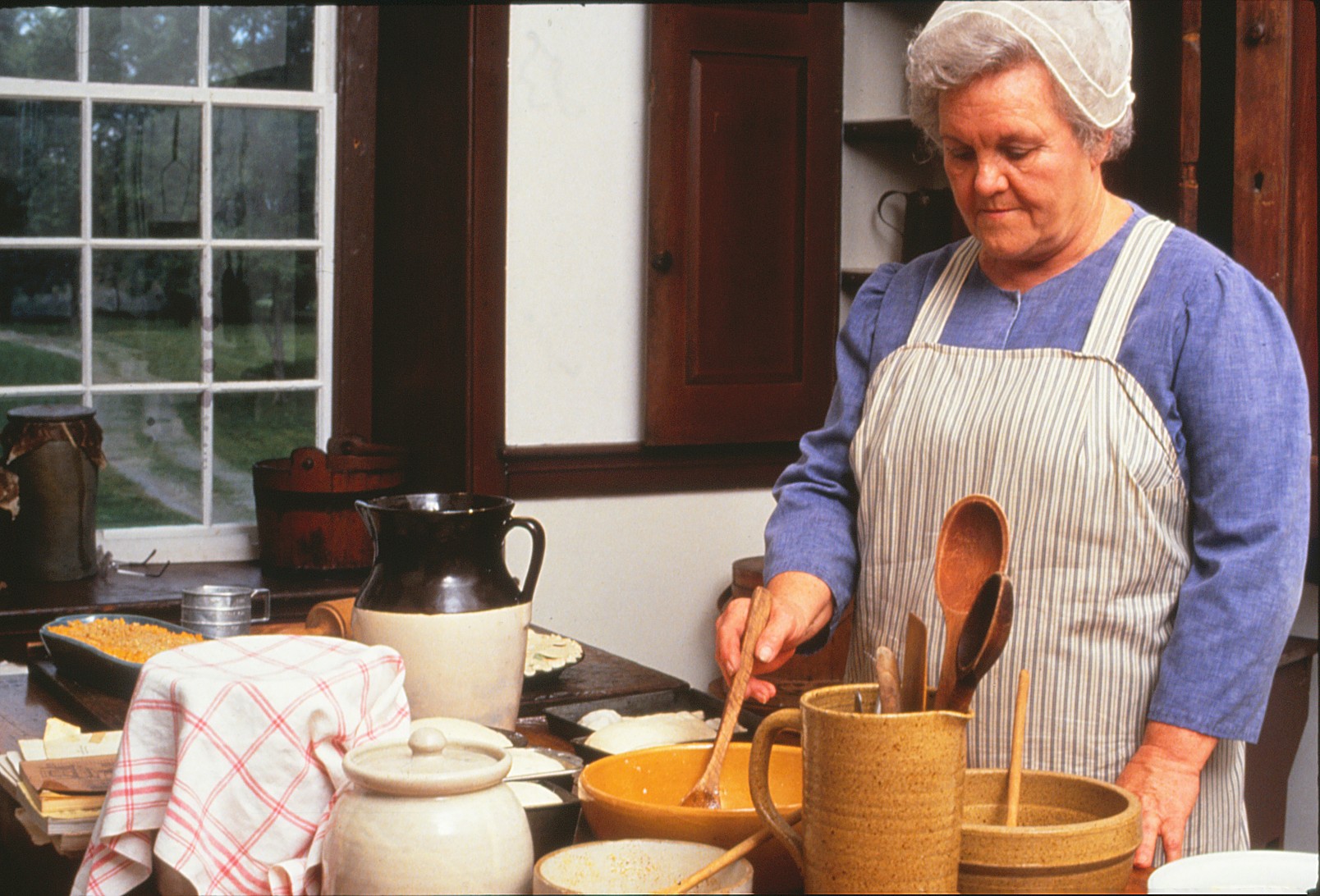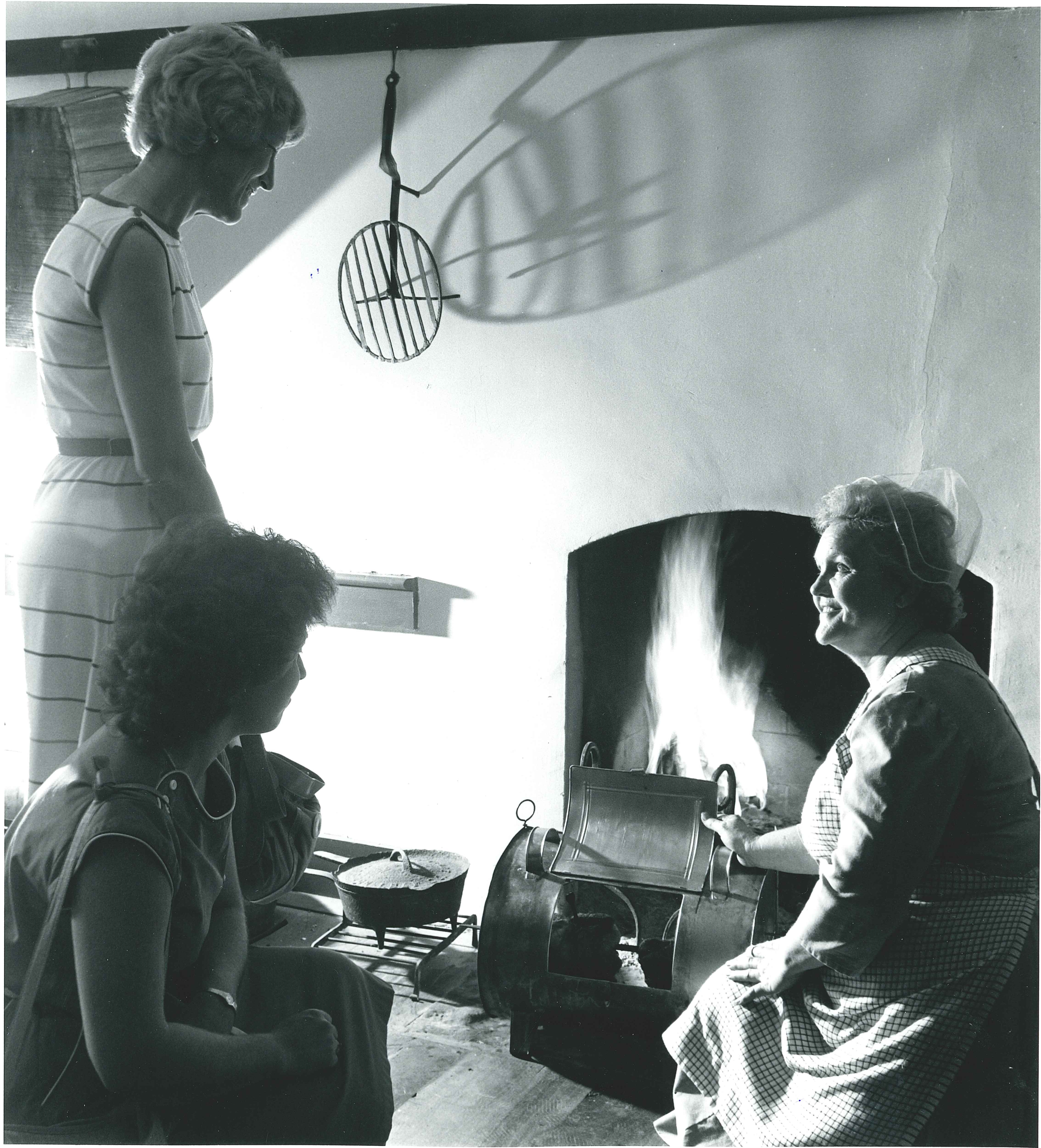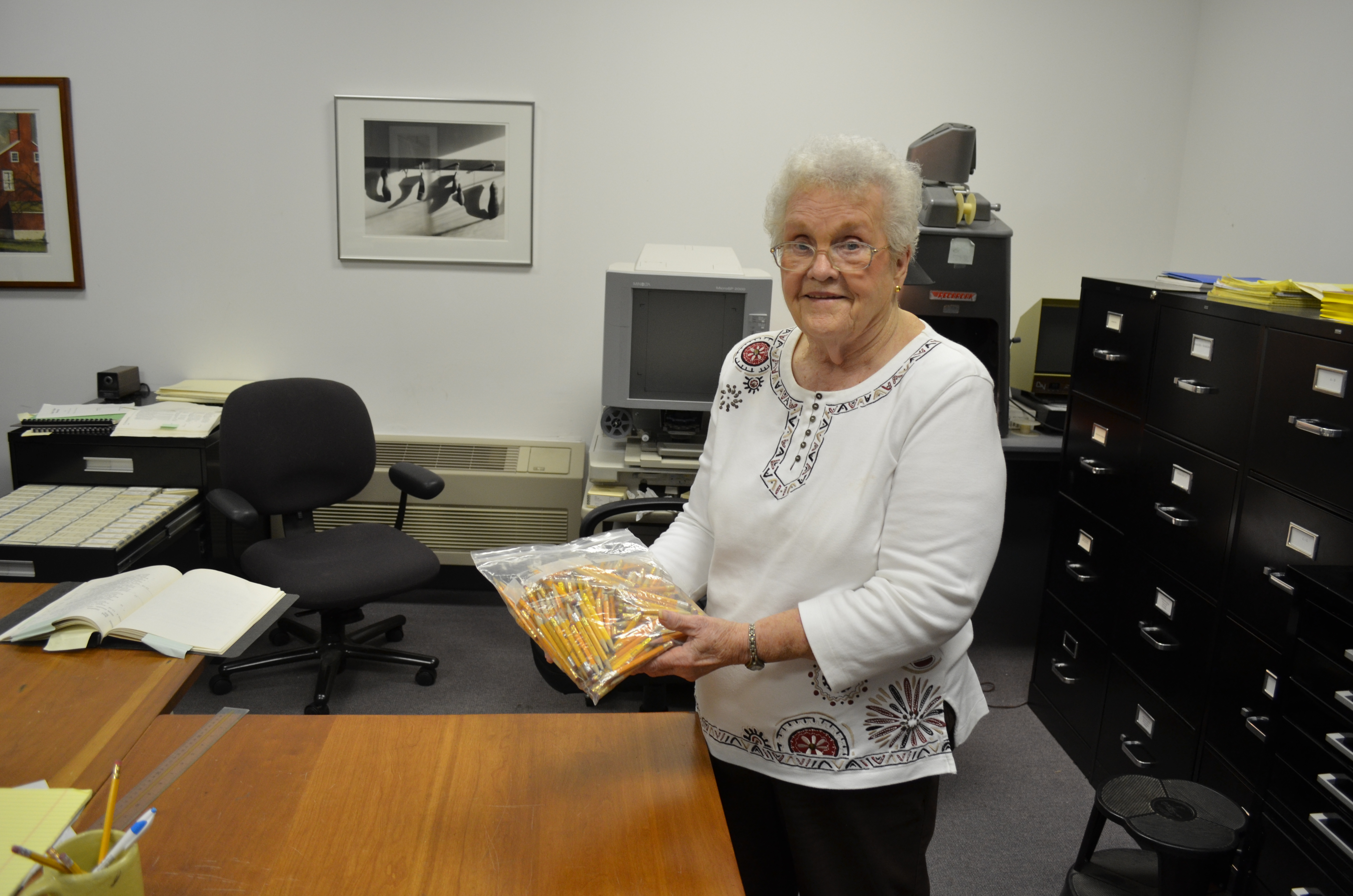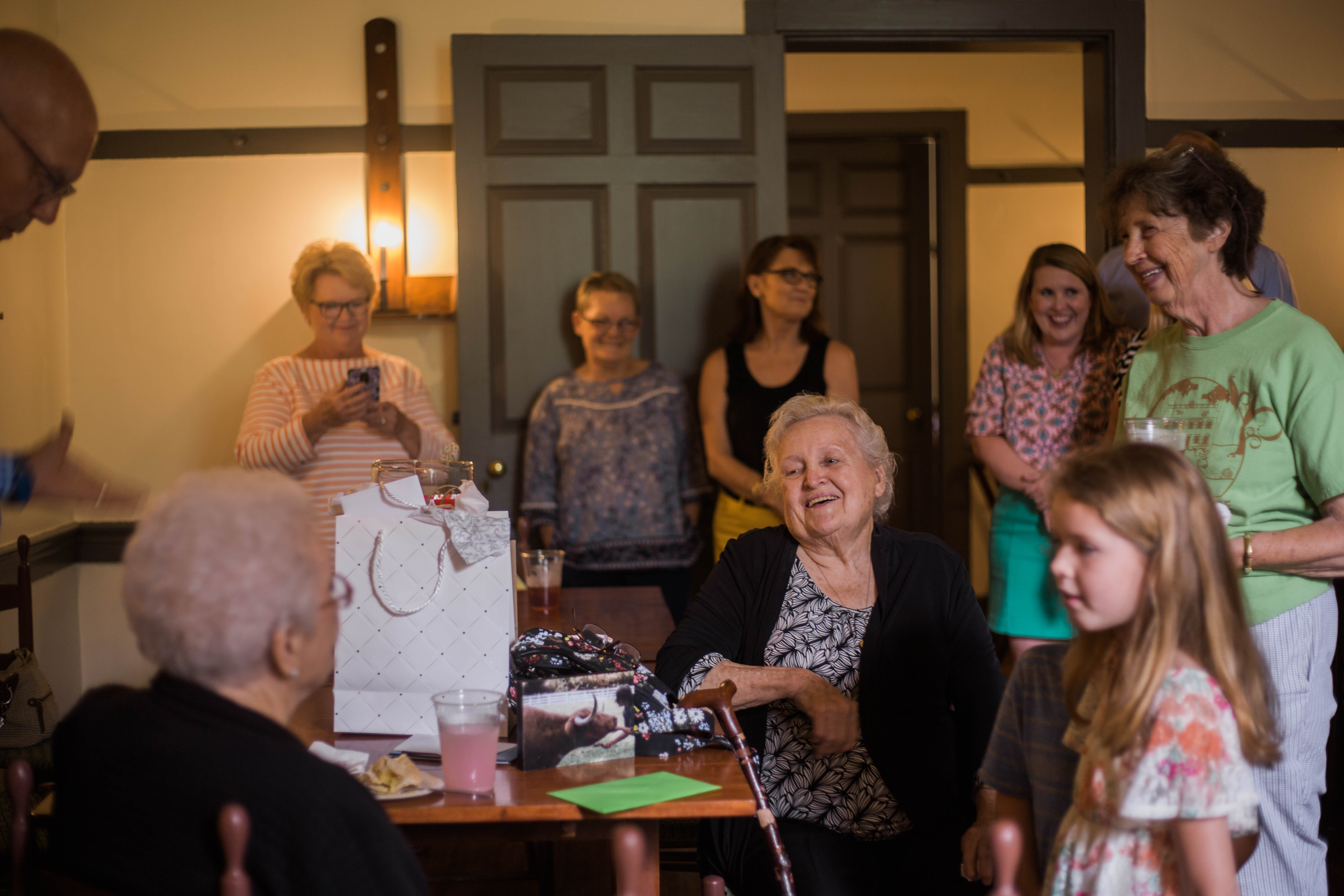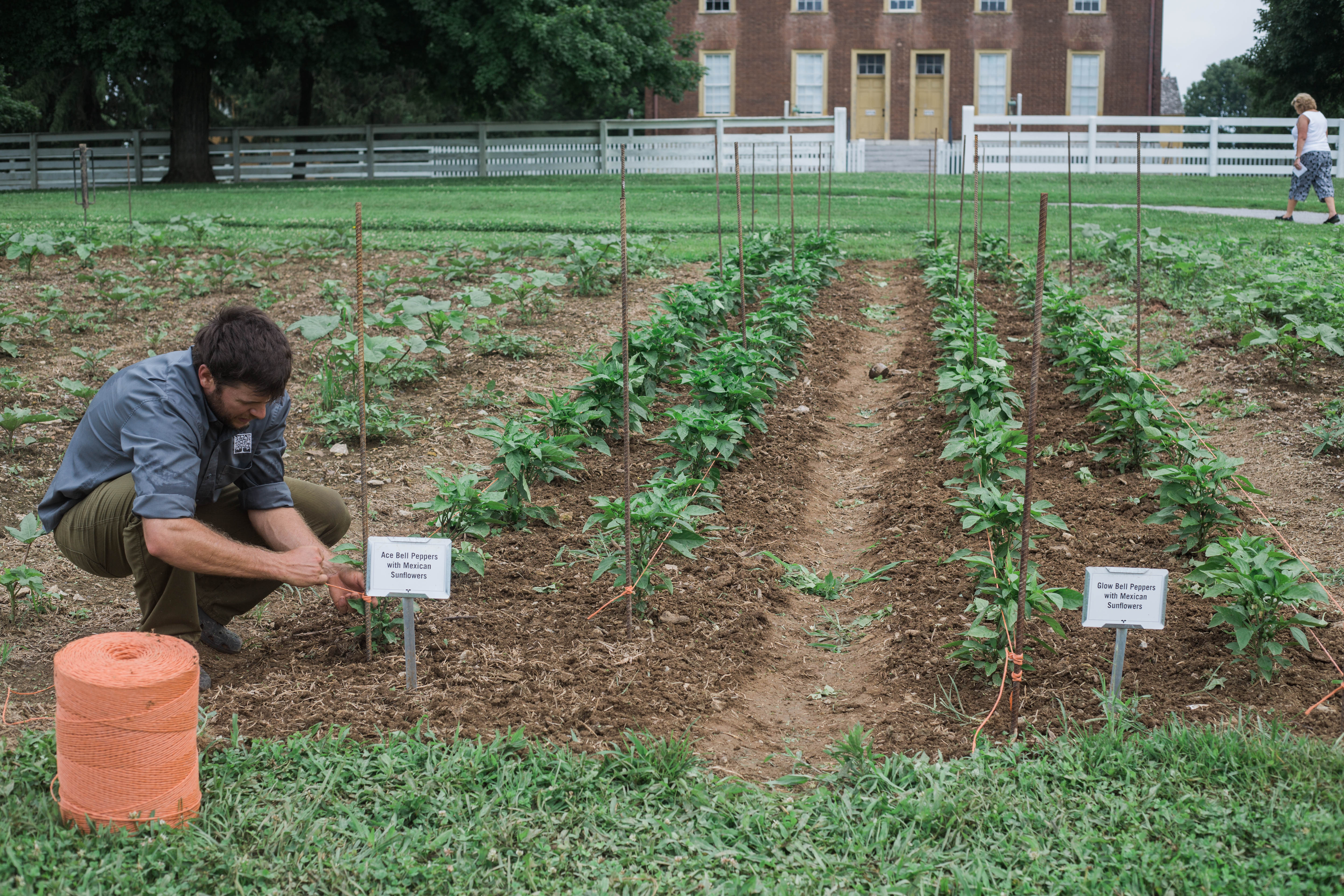
Being the farm manager at Shaker Village is a pretty good gig for someone who wakes up and goes to bed thinking about vibrant local food systems. My path here has been long and winding, and it all started back in college when I learned about a new philosophy of living and farming known as permaculture. Earlier this week, I checked a big box off my list when I traveled to the Driftless Area of Wisconsin for a nine-day course to earn my Permaculture Design Certificate.
Often misunderstood, and largely under-practiced in the United States, permaculture has become the emergent trend in global agriculture since the word was coined in the late 1970s in Australia. It is defined as a system of agricultural and social design principles that simulate or directly utilize the patterns of natural ecosystems. Its founders coined the term to invoke their goals of establishing a permanent agriculture, but it has often been noted since that its broader implications include the permanence of culture. What better philosophy to dictate the management practices of a cultural site like Shaker Village?
The focus of our course revolved around building agricultural systems that are resilient or agricultural systems with the ability to provide for people and planet throughout unforeseeable pathological, economic or climatic events. As permaculture practitioners, we start with recognizing broad ecological patterns, rather than starting with details. We believe that every landscape can be productive and beautiful regardless of whether it’s considered “good farmland” and that we can regenerate any landscape with good design and continued management.
Perhaps most importantly, we recognize that human beings have become the keystone species in nearly every location we occupy, which is an incredible responsibility. In practical terms, permaculture farms typically revolve around perennial plants, which produce reliably with few inputs and have ample room for wildlife and natural cycles. Annual crops, which are inherently extractive, are scaled to a level that can be sustainably maintained within a larger perennial based system.
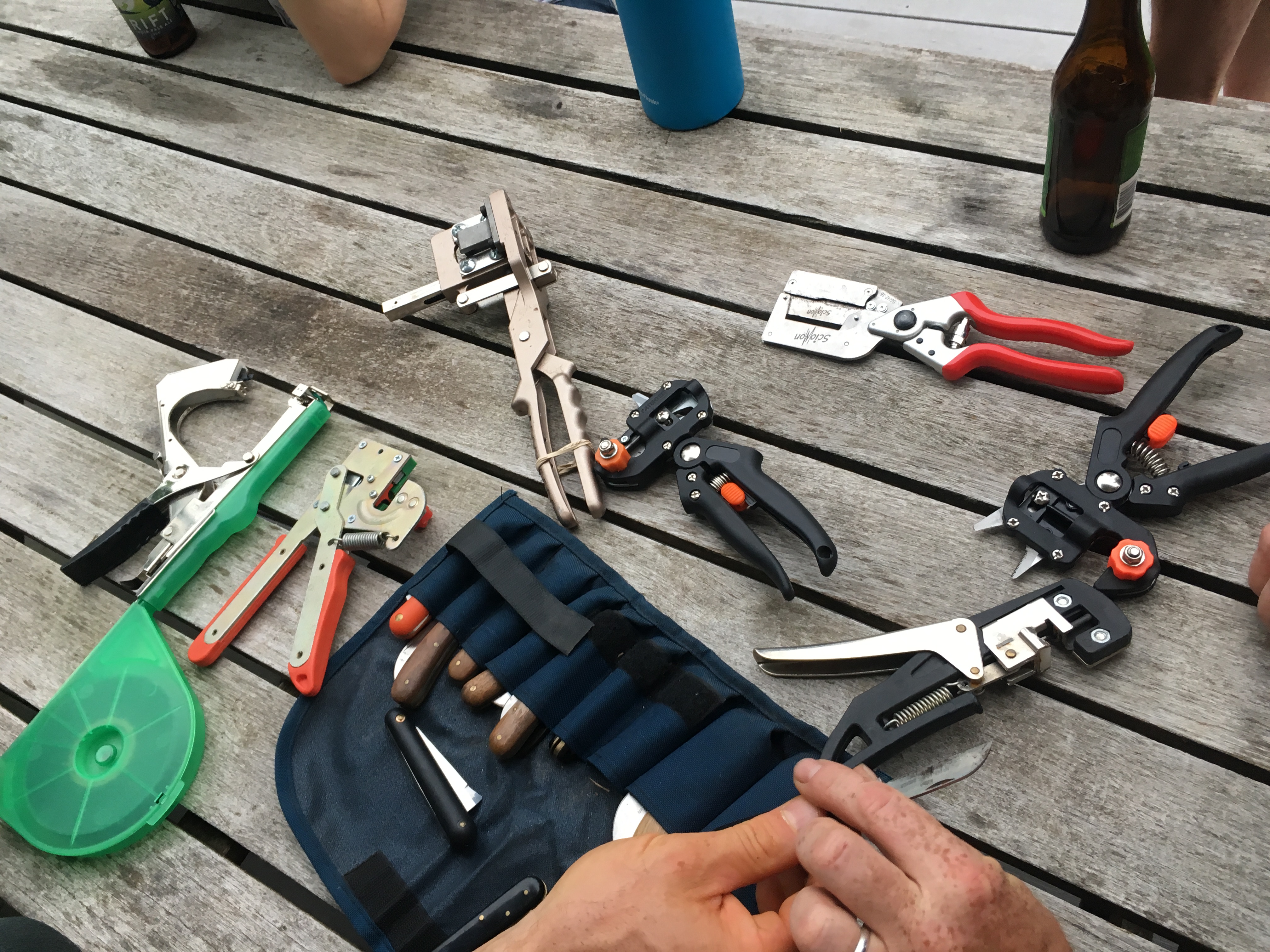
I chose the course at Mastodon Valley Farm because I share their belief in the hardwood savanna ecosystem as a model for regenerative farms in our part of the world. A savanna is a landscape characterized by grasslands interspersed with hardwood trees, particularly those producing nuts or acorns. Throughout the past 13,000 years or so, savannas have been the dominant ecosystem in North America and the most productive when measured in normal human foodstuffs. Since the end of the last Ice Age, until a few hundred years ago, large animals, such as mastodons, grazed and migrated across the continent, moving nutrients, thinning forests and stimulating new growth along the way. They were the managers of the landscape, maintaining diverse habitats and building the richest deposits of topsoil on the planet.
Our mission is to mimic these incredible ecosystems by utilizing the species we have available to us, which are more easily recognizable. Cattle, sheep, goats, pigs and poultry each interact with the landscape in their own ways. Each species can be incredibly detrimental to the landscape under poor management, but they are the prescription for regeneration of those landscapes when managed according to natural cycles.

I am excited to announce that over the next few years The Farm at Shaker Village, in partnership with The Preserve, will be taking steps toward building a more resilient agricultural system that supports the mission of our critical site. Our plans include more animals, fruit and nut trees, and warm season grasses. Like most good things, this won’t happen overnight—it will take years, so we’re not wasting any time getting started. We look forward to sharing our experiences with our guests and community and continuing the legacy of vibrant culture and sustainability that has made Shaker Village what it is today.
